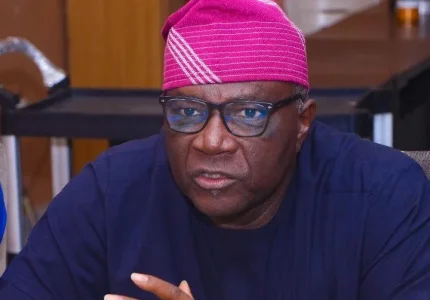
Kemi Badenoch, the UK Conservative leader, declares her Yoruba identity over Nigerian nationality, distancing herself from northern Nigeria and Boko Haram. Her controversial comments spark backlash, particularly from Nigerian leaders, while she defends her commitment to Britain. The debate fuels discussions on ethnicity, identity, and loyalty.
Kemi Badenoch, a prominent British politician and leader of the UK’s Conservative Party, recently made controversial remarks regarding her identity. In an interview with The Spectator, she declared that she identifies more as Yoruba than Nigerian, emphasizing that she has "nothing in common" with the people from northern Nigeria, especially those associated with Boko Haram and Islamism. Badenoch explained that her ethnicity as a Yoruba person is more significant to her than her national identity as Nigerian, a statement that has sparked backlash, particularly from Nigerians.
The politician's comments come amid criticism of her outspoken views on Nigeria, especially regarding its corruption and security issues. Many Nigerians have criticized her for painting a negative picture of their country in British media. Among the critics is Nigeria's Vice President, Kashim Shettima, from Borno state, a stronghold of Boko Haram. He recently told Badenoch she could distance herself from Nigeria if she wished but must relinquish any claim to the nation.
Badenoch has further defended her stance, insisting that her identity as a Yoruba warrior and protector of the UK reflects her core values. She also expressed her dedication to safeguarding Britain, despite the backlash from some factions who argue that her comments may fuel division.
The controversy has ignited mixed reactions on social media. Some support her views on ethnic identity, while others accuse her of being disloyal to Nigeria, especially given her position in the British political system.




